Enhanced TDS
Identification & Functionality
- Additives Included
- Blend
- Yes
- Chemical Family
- Country of Origin
- Polymer Name
- Product Code
- MITM09809
- Single Ingredient
- No
- Technologies
- Product Families
Features & Benefits
- Materials Features
Applications & Uses
- Plastics & Elastomers End Uses
- Plastics & Elastomers Processing Methods
- Processing Information
- Injection Molding
- Film Extrusion
- Profile Extrusion
- Extrusion
- Transfer Molding
- Casting
- Thermoforming
- Processing Information
- Typical melt temperature (Min / Recommended / Max) : 230°C / 260°C / 290°C.
- Typical mold temperature : 25 – 60°C.
- Drying time and temperature (only necessary for bags opened for more than two hours) : 4-6 hours at 65-75°C.
- Product Applications
- Athletic foot wear components
- Ski boots
Properties
Technical Details & Test Data
- Technical Data
Viscosity-shear Rate
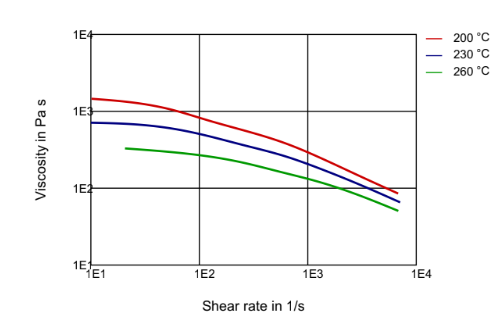
Shearstress-shear Rate
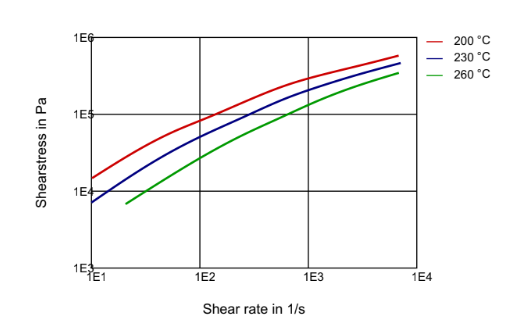
Dynamic Shear Modulus-temperature
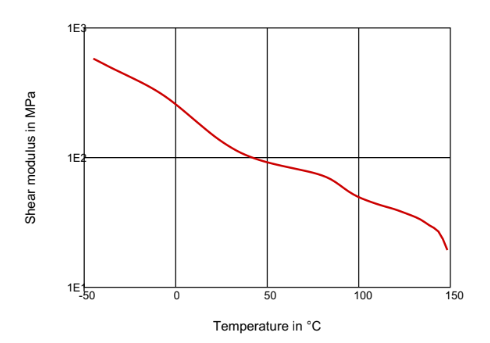
Stress-strain
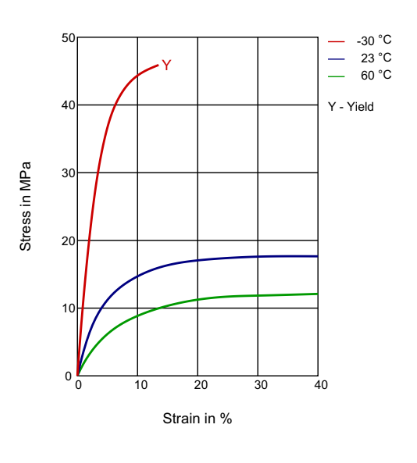
Secant Modulus-strain
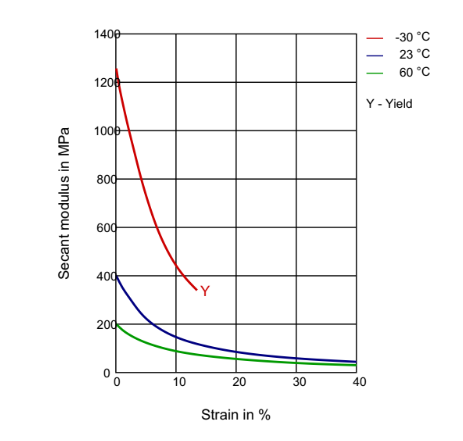
Stress - Strain (Isochronous) 23°C
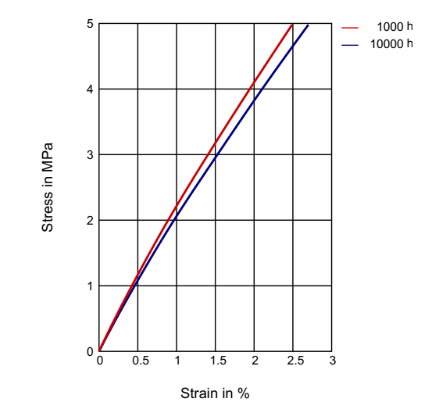
Stress - Strain (Isochronous) 40°C
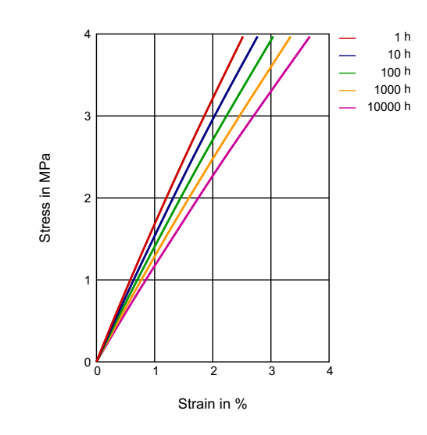
Creep Modulus-Time 40°C
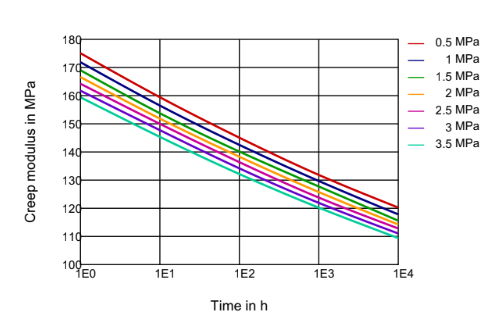
Stress - Strain (Isochronous) 60°C
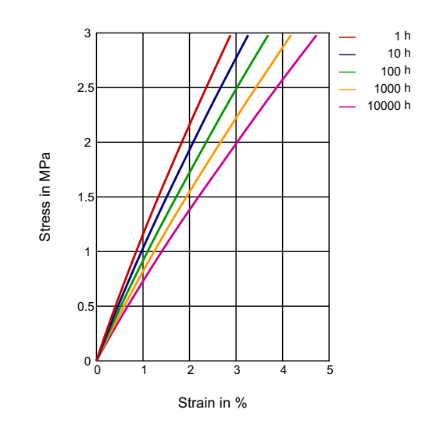
Creep Modulus - Time 60°C
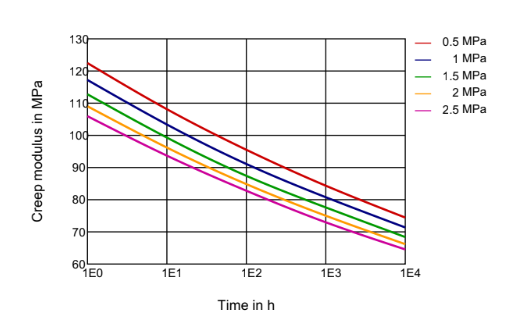
Stress - Strain (Isochronous) 80°C
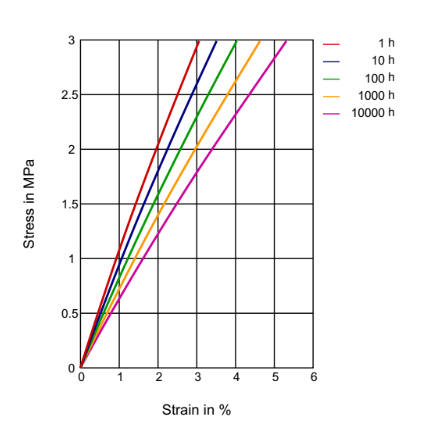
Creep Modulus - Time 80°C
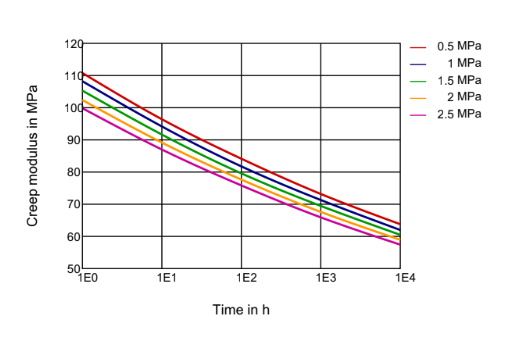
Specific Volume - Temperature (PVT)
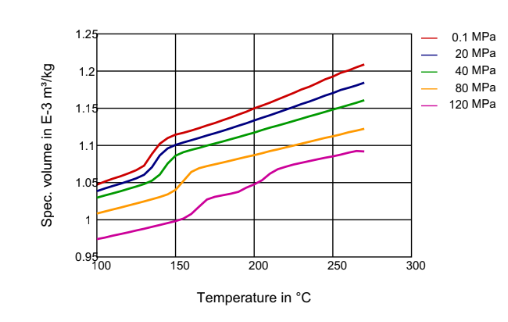
Packaging & Availability
Principal Information
- Group Principal Number
- S000003
- Principal
Other
- Color (SDS)
- Colorless to slightly yellow
- Insoluble in (SDS)
- Water
- Item Number
- Odor (SDS)
- Odorless
- Other Hazards
- Processing may release vapors and/or fumes which cause eye, skin and respiratory tract irritation, The product, in the form supplied, is not anticipated to produce significant adverse human health effects. Contains high molecular weight polymer(s). Effects due to processing releases: Irritating to eyes, respiratory system and skin, Prolonged or repeated exposure may cause: headache, drowsiness, nausea, weakness, (severity of effects depends on extent of exposure), Handle in accordance with good industrial hygiene and safety practice. (pellets/granules) This product may release fume and/or vapor of variable composition depending on processing time and temperature.
- Temperature Control
- Yes
- USA/DOT UN Number
- Not Applicable
- Electrical Properties
Value Units Test Method / Conditions Comparative Tracking Index 600.0 - IEC 60112 condensed Dielectric Constant 9.0 - IEC 60250 at 100 Hz, dry Dielectric Constant 4.0 - IEC 60250 at 1MHz, dry Dielectric Strength 42.5 kV/mm kV/mm IEC 60243-1 dry basis Dissipation Factor 0.144 tan δ tan δ IEC 60250 100Hz, dry Dissipation Factor 0.0757 tan δ tan δ IEC 60250 1MHz, dry Surface Resistance 10000000000000.0 Ω Ω IEC 60093 condensed Volume Resistivity 900000000000.0 Ω-cm Ω-cm IEC 60093 dry basis - Mechanical Properties
Value Units Test Method / Conditions Charpy Impact Strength 20.0 - ISO 179-1EA at -30°C, condensed, notched Compression Set 47.0 - ISO 815 at 23°C, 24h Hardness 58.0 - Nominal Strain at Break min. 50.0 - ISO 527-1 dry, at break, nominal Nominal Strain at Break min. 50.0 - ISO 527-2 condensed, at break, nominal Strain at Break min. 300.0 - ISO 527-1 dry, thermoplastic elastomer, at break Strain at Yield 22.0 - ISO 527-1 dry basis Strain at Yield 22.0 - ISO 527-2 condensed Stress 17.0 MPa MPa ISO 527-1 dry, at 100% elongation Stress 14.0 MPa MPa ISO 527-1 dry, at 10% elongation Stress at Break 53.0 MPa MPa ISO 527-1 dry, thermoplastic elastomer, at break Stress at Yield 19.0 MPa MPa ISO 527-1 dry, at yield Stress at Yield 18.0 MPa MPa ISO 527-2 condensed, at yield Tear Strength 127.0 kN/m kN/m ISO 34-1 dry basis Tensile Modulus 307.0 MPa MPa ISO 527-1 dry basis Tensile Modulus 285.0 MPa MPa ISO 527-2 condensed Volume Loss 55.0 mm³ mm³ ISO 4649 Dry, Abrasion Resistance - Physical Properties
Value Units Test Method / Conditions Density 830.0 - dry, liquid Density 1010.0 - ISO 1183 condensed Density 1010.0 - ISO 1183 dry basis Humidity Absorption 0.7 % % ISO 62 dry basis Load/Unload Temperature 90.0 °C °C ISO 75-1 at 0.45 MPa, dry, deflection under load Melting Point 169.0 °C °C ISO 11357-1 at 10°C/min Mold Shrinkage 1.4 - ISO 2577 normal, dry Mold Shrinkage 1.2 - ISO 2577 parallel, dry Mold Shrinkage 1.4 - ISO 294-4 normal, dry Mold Shrinkage 1.2 - ISO 294-4 parallel, dry Softening Point 157.0 °C °C ISO 306 at 50°C/h, 50N, dry Storage Temperature max. 140.0 °F °F Water Absorption 1.1 % % ISO 62 dry basis - SDS Physical and Chemical Properties
Value Units Test Method / Conditions Autoignition Temperature (SDS) 698.0-842.0 °F °F Bulk Density (SDS) 550.0-650.0 - Decomposition Temperature (SDS) 572.0-662.0 °F °F Density (SDS) 1.01 g/cm³ g/cm³ Melting Point (SDS) 336.0 °F °F Specific Gravity (SDS) 1.01 - Water = 1 - Shelf Life & Stability
Value Units Test Method / Conditions Shelf Life 2.0 - - Thermal Properties
Value Units Test Method / Conditions Coefficient of Thermal Expansion 0.00014 /K /K ISO 11359-1 parallel, dry Specific Heat 2800.0 J/kg.K J/kg.K dry, of melt Thermal Conductivity 0.18 -
